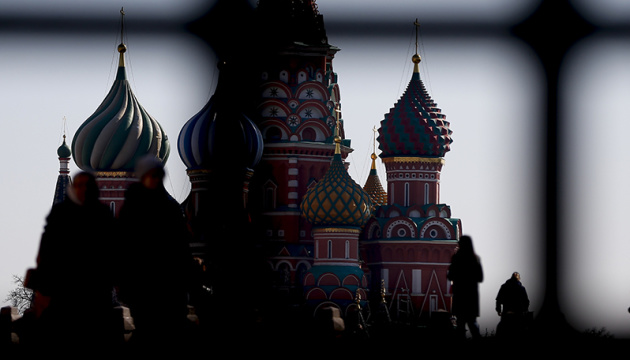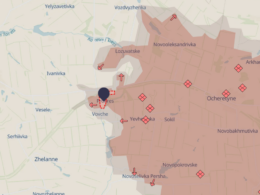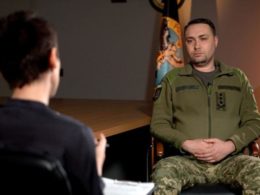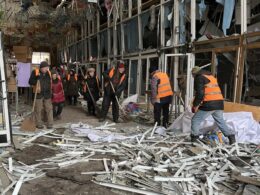A new study from Ukraine’s Centre for Strategic Communication, established under the Ministry of Culture and Information Policy to resist Russia’s informational attacks, has found that 88% of Ukrainians use Telegram.
While the majority of Ukrainian users download the app to stay informed about the latest news on Russia’s war, receive warnings about missile attacks, and participate in fundraising campaigns, concerns arise due to the ties of Telegram developers with the Kremlin. There is worry that the Russian security service can use it for spying on individuals, collecting personal data, and spreading fake news worldwide.
The first thing that raises concerns among experts on Telegram's independence is the fact that it was initially created in Russia by Russian entrepreneur Pavel Durov. According to American cybersecurity specialist Moxie Marlinspike, despite the fact that the Telegram team is no longer based in Russia, the company's employees may still have family members there, making them potentially vulnerable to influence from the Russian government.
Identifying Telegram's sources of financing is challenging since the company attracts its investors privately. However, the names of some individuals and organizations mentioned as investors of the messenger have repeatedly appeared in the media.
Thus, Russian billionaires David Yakobashvili and Roman Abramovich were found among the investors in Telegram Open Network (Telegram's cryptocurrency). Ukraine has sanctioned Yakobashvili for financing Russia's war, while the EU, the US, Switzerland, and Canada imposed restrictions for close ties to the Kremlin.
The Centre for Strategic Communication also mentions Mubadala from the United Arab Emirates and Abu Dhabi Catalyst Partners funds (a fund created by Mubadala and the American investment company Falcon Edge Capital) as other investors of Telegram.
In particular, the Emirati company Mubadala has closely collaborated with Russia, creating a $2 billion fund in 2013 together with the Russian Direct Investment Fund to invest in long-term projects in various sectors of the Russian economy.
Mubadala also invested in Pulkovo Airport in Russia, projects of chemical holding companies SIBUR, En+, and Gazprom Neft. The fund's overall portfolio in Russia is estimated at $3 billion, as reported by Reuters. In March 2021, the media reported that the Mubadala Fund and the Russian Direct Investment Fund financed Telegram. However, Telegram's management denied the information about receiving money from the Russian agency.
After the beginning of the Russia’s all-out war in Ukraine, Mubadala announced the suspension of its investments in Russia. However, in March 2023, the CEO of Mubadala, Khaldoon Al Mubarak, said that the Russian invasion would not stop the fund's intention to be a global investor. Therefore, today, Telegram is still present in Mubadala's portfolio, along with other mentioned Russian companies.
Another interesting detail can be regarded as a sign of cooperation between the Kremlin and Telegram. In 2024, the Russian government dropped off fines previously imposed on Telegram and Western technology companies.
Then, the corresponding record disappeared from the Federal Bailiff Service database. Telegram did not pay any debts, assuring Reuters
that they did not know why the debts were settled, as the company had no assets, offices, or employees in Russia. However, this is not true: Telegram and Russian authorities still have connections in investment, technological resources, and employees, and Russia continues to find ways to finance Telegram, the Ukrainian center said.
Read more:
- Frontline report: Four Ukrainian soldiers repel outnumbered Russian attack near Robotyne
- Ukraine downs Russian Su-34 bomber, 14/17 explosive drones over past day
- Zelenskyy: F-16 fighter jets will be in Ukrainian skies “this year”





